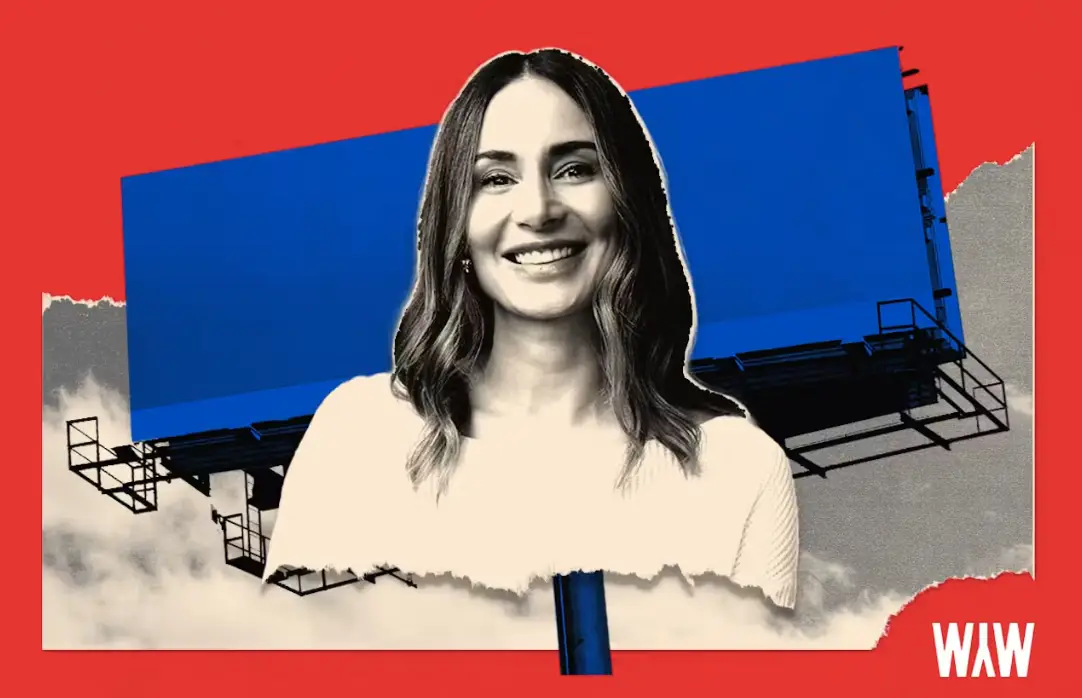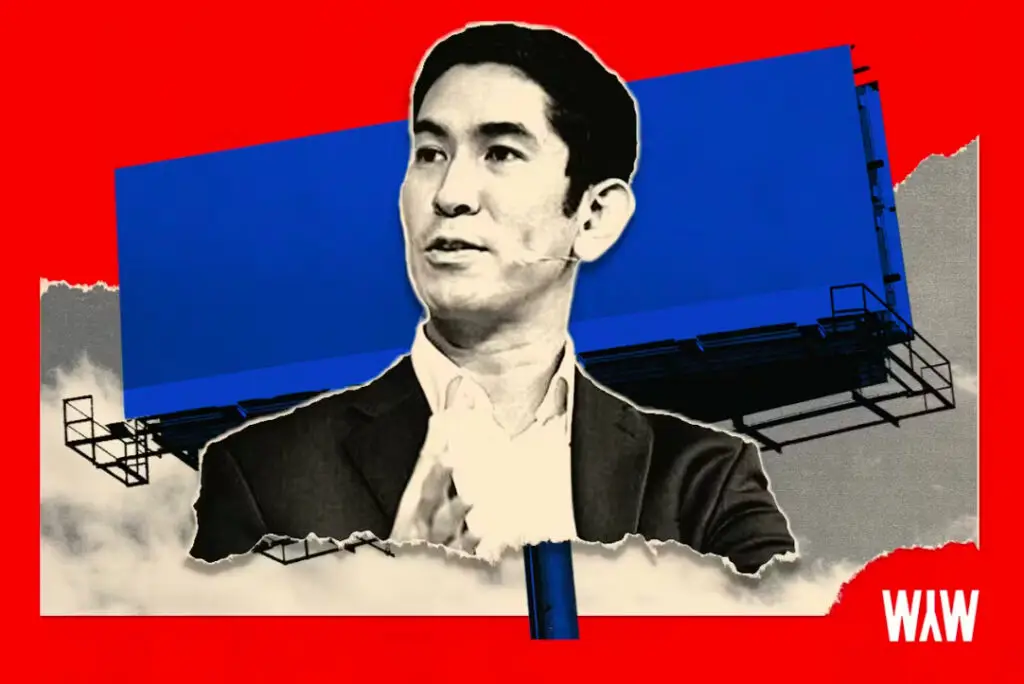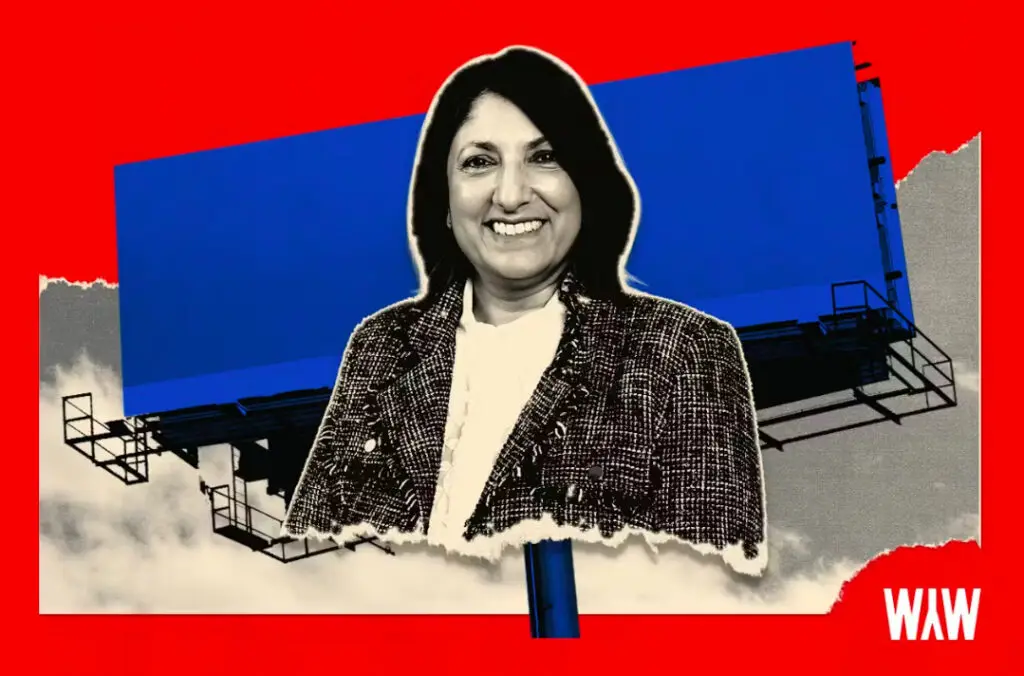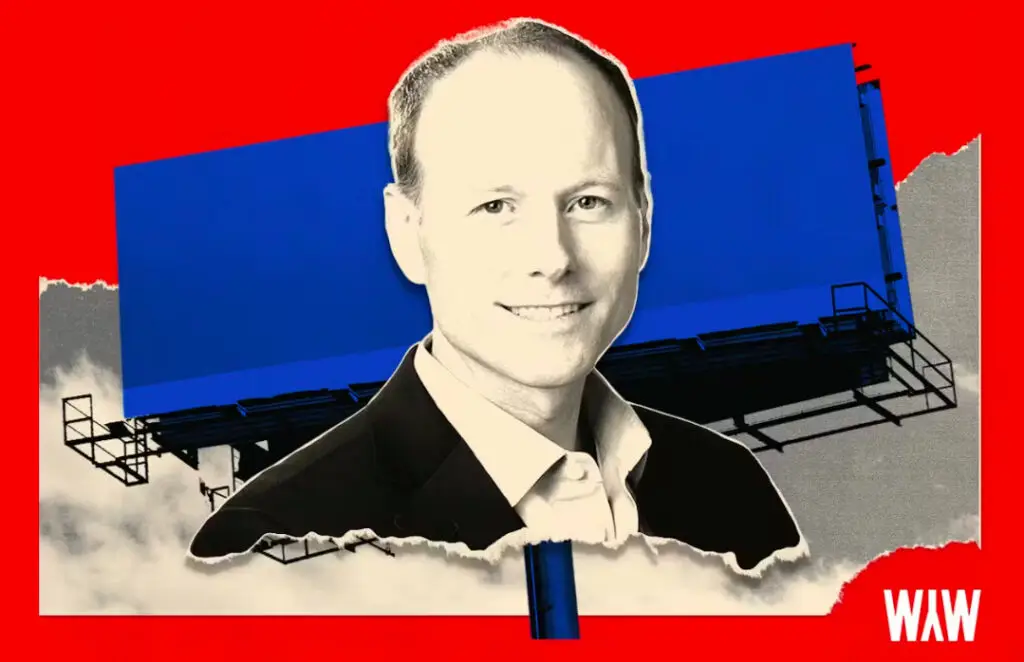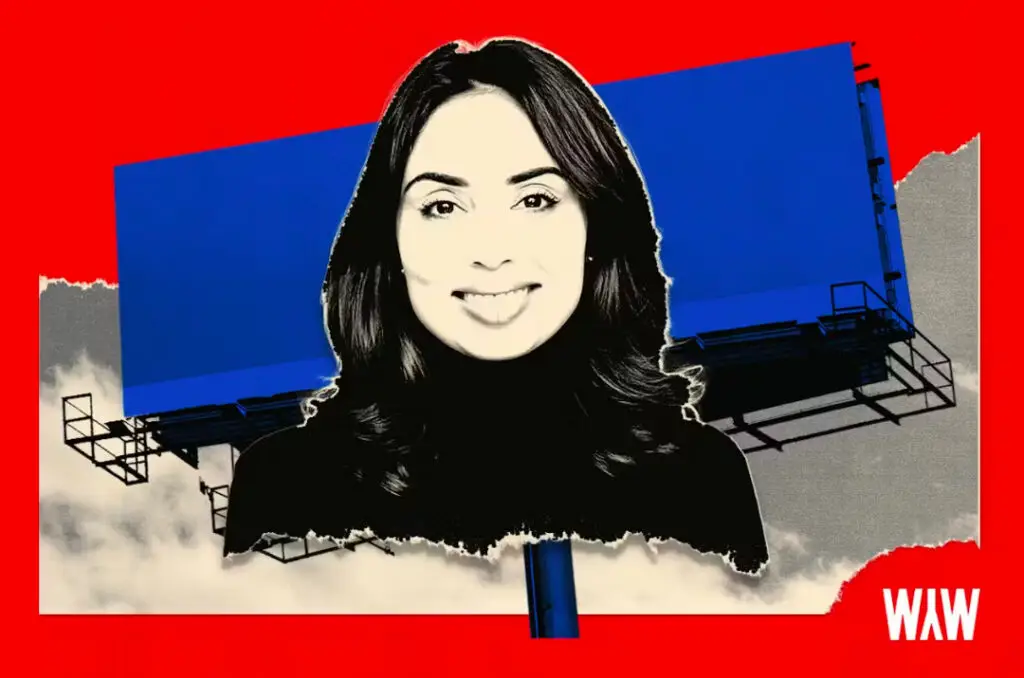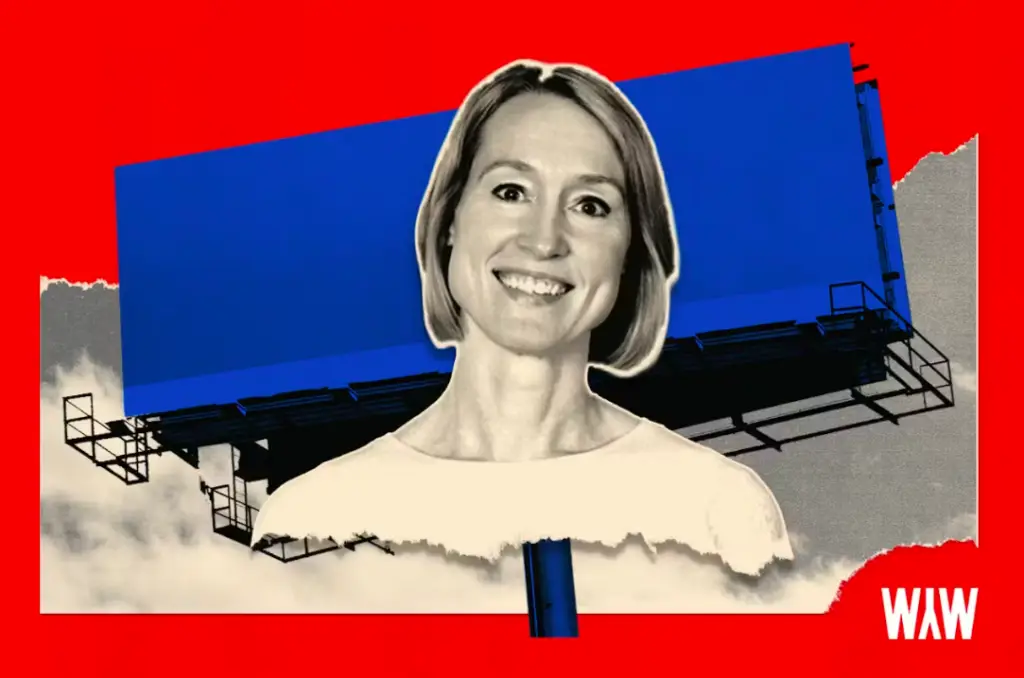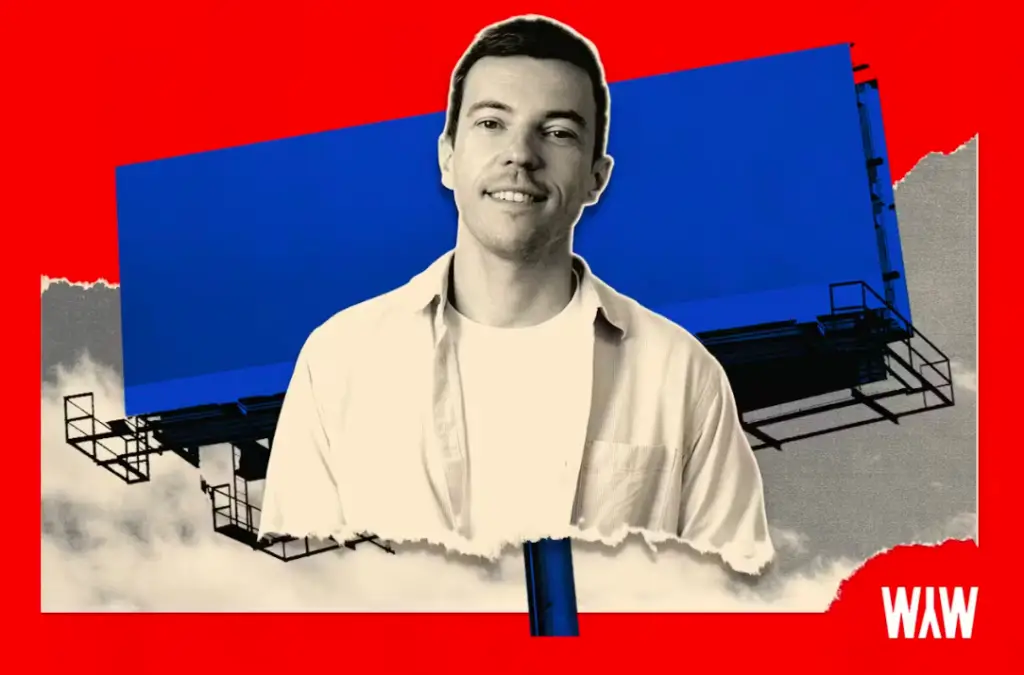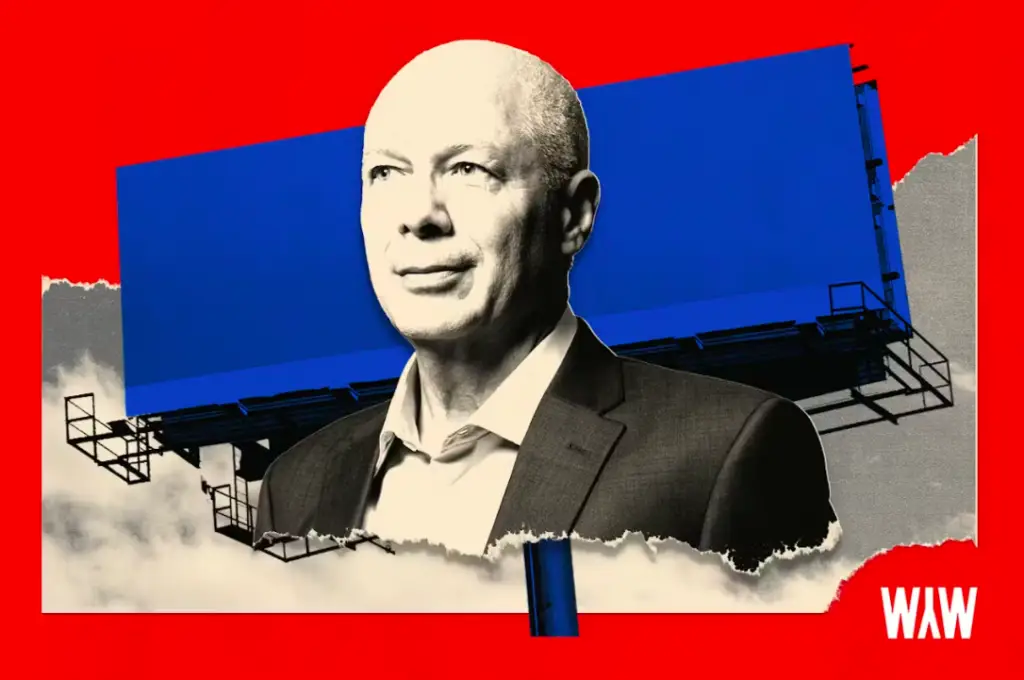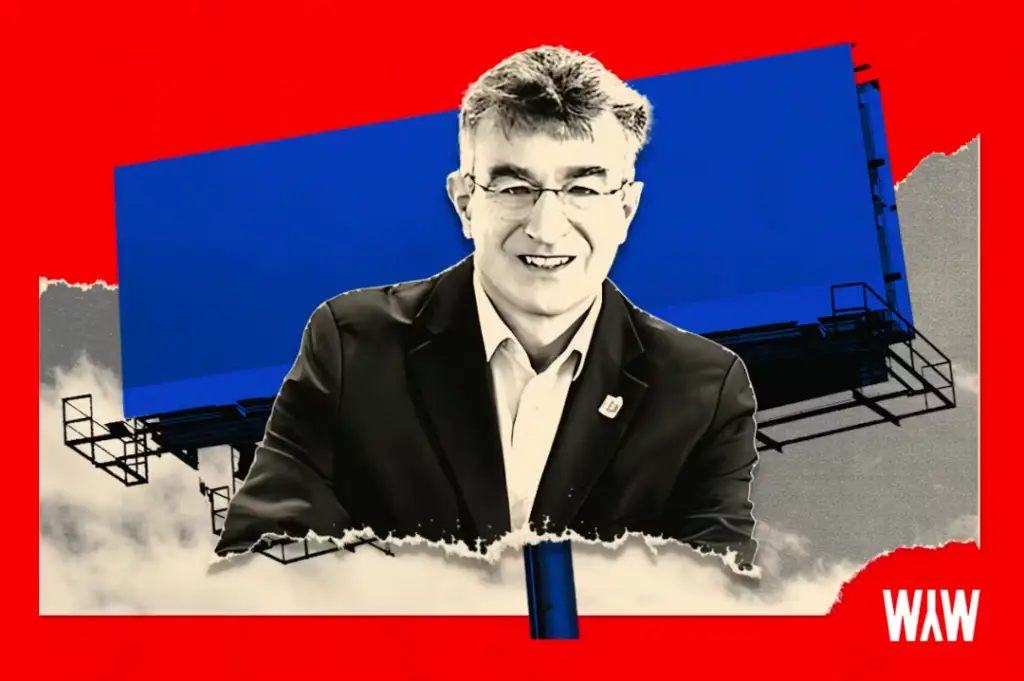The restaurant chain’s international CMO tells Tim Healey how her career across Mondelez, Burger King, KFC and now Taco Bell has shaped her philosophy on building brands, leading teams, and balancing the “math and magic” of marketing on a global stage.
You’ve held senior marketing roles at Mondelez, Burger King, KFC, and now Taco Bell, where you became international CMO in 2022. Can you walk us through your career journey?
I’ve spent most of my career in food. I love food. There’s something uniquely compelling about the Quick Serve Restaurant (QSR) industry. It’s one of the few industries where everyone has had a personal experience. Whether it’s a quick bite on the go or a nostalgic favorite, QSRs are deeply relatable and universally understood.
I began my career as an analyst, which gave me a strong foundation in understanding both consumer behavior and business mechanics – essential skills for any marketer. At Panera Bread, I was fortunate to have Ron Shaich, the founder, as my mentor. He suggested that I consider broader brand marketing. He would take me into high-level meetings and ask for my opinion. He encouraged me to go back to business school and study brand. So, I did. At NYU Stern School of Business, I worked at Mondelez to learn about product marketing.
I pressed pause on my career path after my husband convinced me to take a sabbatical in Brazil, a decision that reshaped the way I look at the world. That experience sparked a passion for global strategy I hadn’t known I was missing. When I returned to the US to lead insights and analytics at Burger King, I applied that broadened perspective while gaining a deeper understanding of the US QSR landscape.
Working at Yum! has been amazing and they have an incredible culture. They own KFC, Taco Bell, Habit and Pizza Hut. There was an opportunity to work in the Latin America business and having spent some time in Latin America, it felt like a really nice fit. I spent six years there in a variety of roles – insights, innovation, brand marketing – and then went over to KFC global, and that was my first exposure to the broader world of KFC.
I started to understand how differently a brand can be executed across the world, even if it feels the same. And it gave me a lot of exposure to what it truly means to operate a brand on a global scale. KFC is an immense brand particularly outside the US. At that point, I realized that I’d spent time in Latin America and now in KFC globally, but I hadn’t worked in Yum! on a US brand.
That’s how I came over to work on brand strategy for Taco Bell and to help run their marketing calendar. I did that for a couple years before I got pulled over to work on Taco Bell’s global mission. Relatively, Taco Bell is a growing business. I would like to say that all those pieces of my career have been a culmination in bringing me to this role today: it’s been a perfect combination of the skills and experiences that I have acquired.
What is the offer at Taco Bell?
What’s super fun about this role, managing the Taco Bell brand, is that it is a huge business, but outside of the US, we are on the ground floor. We’re very much building a brand. We have the power of this amazing company – Yum! – and all these learnings we have from KFC and our other sister brands, and now we get to bring this incredible brand out into the world.
Most recently, we announced our ambition to get to 3,000 restaurants outside of the US by 2030. We’re at a little over 1,100 restaurants across 32 countries today, and we’re excited to do that between building in the markets where we are currently but also expanding to new markets. We’re looking to enter nine new markets by 2030. At Taco Bell, we have this magic formula, built on what we know about ‘the magic of Taco Bell’ and now we need to grow that internationally.
It’s not a ‘plug and play’ situation. We like to learn and tap into local insights and think about how we take the magic that is the brand and implement it locally, so it may look different in each market, but it should feel the same.
We say we must ‘brand educate’. We don’t just have to teach Taco Bell; we also must teach tacos. We are a Mexican-inspired food brand and we must make sure the brand feels locally relevant in each market
If you go to a Taco Bell today, in the UK, for example, you should experience a lot of what feels like our core Taco Bell offers: cheesy, spicy, saucy, crunchy flavors coming to life through tacos, burritos and nachos. It hopefully reflects the fun and lifestyle of what the Taco Bell brand is – that Taco Bell wink. But you should also find some things that feel quite localized, and offerings that will help bring that brand to life.

Amy speaking at Mas Live
How’s your marketing team structured?
In the US, we have a dedicated marketing team, and globally, our international team at the center plays a crucial role. They help us build marketing muscle and act as brand stewards, assuring consistency, strength, and relevance for Taco Bell around the world.
We also have brand units: marketers that sit in each of our regions – in Asia, Europe, Canada and Latin America. Although our global strategy is set centrally, its expression is crafted locally, guided by each market’s unique insights and cultural nuances. As a result, we have spectacular marketers working out of each region who support our international franchise markets.
Advertisement
Drawing on your leadership expertise, what has your career taught you that helps to make a great team?
It really depends on your challenges. What makes a great team is when you, as a leader, recognize where you have opportunities. There are these five factors that make a good marketer: brand, insights, calendar, innovation and digital. Usually, as individuals, we’re an expert on two of them, and then we have knowledge of the other three.
When you build a team, you fill the gaps – the places where you are not an expert – with people that are, and that way you can build your holistic work team. If your team is better than you, then you have created a good team. And honestly, as leaders, we must know when to get out of the way.
Other senior marketers that I’ve spoken to speak about how their job is to remove the blocks.
And give your team visibility.
What’s your first memory of a marketing success that you were part of where you felt, this is the role for me?
There have been so many moments. I feel most proud of the work that we’ve been able to do here at Taco Bell. But I think the first moment that I really felt like you described was when I was in the KFC global team, when we had our first global campaign during Covid. Traditionally, KFC markets operated independently, with global marketing acting more as a support function. But during the pandemic, we saw an opportunity to unify.
We saw a lot of advertisers coming out and, as we saw it, ‘playing the violin’ in sympathy with the tough times their customers were facing. At KFC, we took the opposite stance: how do we come out ‘playing the banjo’? KFC is a fun brand that serves families. We recognized that our tagline is ‘it’s finger lickin’ good’ – and remember, this was a time when you were not allowed to touch your mouth.
We decided to play with that very concept. What if we just removed our tagline? We blurred the middle words, and we let people joke about it. We realized that all of our markets could lean into that as it’s our tagline across the world. It really hit the mark of how our consumers were feeling.
At KFC it was a moment of being very self-aware of who we are as a brand. Anyone who saw the campaign could fill in the blurred words ‘it’s **** **** good’ with whatever they wanted. We got to implement the campaign across many of our markets: we were joking that we never heard anyone say ‘it’s finger lickin’ good’ so many times.
I remember feeling that that was a moment where, from a brand standpoint, we were having a global impact.

Taco Bell’s UK campaign championed the restaurant’s late opening hours.
A common issue faced by senior marketers as they manage their teams is what’s referred to as ‘silo mentality’. How do you avoid it?
Great marketing is inherently collaborative. Good ideas can come from anywhere, so we foster a culture where no one works in a silo – even if they’re working independently. Marketers should always be curious, constantly seeking insights from business, the world, and especially our fans.
Our teams, especially internationally, are small but mighty. They juggle many responsibilities, so staying connected across teams and markets is essential. We create opportunities for cross-functional collaboration and transparency, ensuring everyone understands the bigger picture and feels part of a shared mission.
Could you tell us about a customer research discovery you made that you found surprising?
We just did this campaign in the UK called ‘Encore Hours’. In the US, we’re known as a ‘late-night brand’. We have a culture around that, and it is something we want to extend outside of the US. We found that in the UK, fans were complaining that restaurants were closing early each night and there was nowhere to go to eat after a concert.
We saw an opportunity to connect with fans during a major summer concert tour by a popular female artist. To make sure they didn’t have to choose between tacos and tunes, we kept Taco Bell locations near concert venues open late. It was a simple idea – feed fans on their way home – and it turned out to be a huge success.
We had tons of pickup because of the way we responded to a cultural insight. There was another benefit: we had these great images. The street is dark, but then Taco Bell is lit up purple. It was a great example of developing what is equity for us in the US, but with a really localized insight of what was happening to late-night/post-concert dining in the UK.
Subsequently, we launched an identical program in Madrid, Spain and Puerto Rico under the name After Hours. The launches were supported through in-store activations, earned media, influencer engagement, social, and OOH/DOOH placements. Each activation drew in high-energy crowds while creating an electric atmosphere.
How do you surf the tsunami of rapidly evolving marketing technology?
It’s not just technology, right? It’s the entire media landscape. We have to keep up with tech. If we build slowly, we’ll never get there.
We’re being smart about making sure our restaurants are connected and that we’re going to build our brand into our app so that we enhance customer experience. We recognize that people are going to use multiple media streams at the same time.
That can be a challenge, but it’s also a great benefit for brands that are starting out as we can think through our technological choices as a means for us to connect with our consumers. Having all the options that a restaurant offers in the palm of your hand gives us an opportunity that a lot of our restaurants didn’t have when they were building them 60 years ago.
We also use technology to help us constantly listen to our fans. Our social leads always say: ‘Use the comment section as your brief’, because you learn so much. As someone who started in insights and analytics, the amount of data that’s available today is incredible, but I tell our marketers that data is a piece of the puzzle. Especially when you have humans involved, data never equals the answer.
As QSR marketers, nothing replaces the experience of observing in our restaurants. We talk to our team members in the restaurant, we talk to consumers, but we also compare those learnings with the data and analyze together. This way we make decisions that feel right about what’s happening with our business and our franchise partners.
What advice might you have for fellow senior marketers when they get pushback in the boardroom, either on budgets or strategy?
I always say this to my team: if they’re not pushing back, we haven’t created enough tension. As marketers, we’re meant to make the CFO nervous. We’re meant to make legal nervous – that’s our job! We’re out to create tension, otherwise, our work will not stand out. And so, I think it’s almost an expectation.
Equally, I think there’s a level of tenacity. As marketers, we need to find ways to push back and retell our stories in a way that gets the message across to the board. You must get feedback and understand the challenges.
Try to preempt what you think the myths are that you have to bust: “Here’s what I think you’re going to say, here’s what the reality is.” That’s an easy way to lead the conversation to a point where you want them to be. Sometimes you’ve got to give three options and know that you’re going to get two ‘no’s’, but you will end up with one ‘yes’.
When you go into the boardroom, expect that you’ll get ‘no’s’. So be prepared, tell a good story, continue to push. Sometimes, when you get a hard ‘no’ to all three of your suggestions, that doesn’t mean you have to stop. Gather your thoughts and go back. Say: “I heard you, but I’m really passionate about this, and here’s what I’ve looked into: I’ve heard your challenges, and here’s how we’re going to address them.” In short: never give up.

The ‘Encore Hours’ campaign in Australia.
Talking about myths… what myth about marketing would you most like to bust?
People mistakenly think that marketing is just advertising. Great marketers solve consumer problems. We all must put the consumer at the heart of everything. Sometimes, marketers get in their own way, and it becomes creating for creative sake.
If we’re not out there to solve something for our fans, then we have failed as marketers. If we solve customer problems, we should, in turn, make money.
At the heart of it, we are running businesses. We say that marketing is the balance of ‘math and magic’. You must have math, but you also must have magic. You must understand your opinion, your team’s opinion, the fans’ opinions, and you put it all together and hopefully deliver a great campaign, which, at its heart, is built on a true consumer insight that addresses challenges.
What advice would you give your younger self if you could go back in time?
Don’t cut your bangs!
Joking aside: What I would tell my younger self, and what I tell people as I mentor them, is that career paths aren’t linear. If you think it is, you’re going to struggle your whole life. And you’re never going to feel like you’re doing the right things.
We usually think you go to school to get a good job, to get into a better business school, to get a better job, and that’s how we sort of run our lives. It felt very disruptive when my husband urged me to question that and encouraged me to go and experience real life. Making that choice gave me a perspective on international business that I think led me to all these international jobs that I don’t know if I would have taken otherwise.
So, in my case, there was huge value in seeing culture at large that I hadn’t experienced before. But also, I made the decision to try something new, like when I moved to Texas to work at KFC global. That wasn’t in my plan but felt like it would be an interesting growth opportunity. Sometimes the best jobs are the ones that are unplanned. We need to be willing to say ‘yes’ to them, otherwise you may miss opportunities.
In Sheryl Sandberg’s book ‘Lean In’ she writes how some women tend to think about their future life based on things that haven’t happened yet. “I can’t take that job, because I might get married, or decide to have kids.” We can’t think about life like this. I always say, lean into ‘Yes’, because that’s how you’re going to grow your career and you’ll be so much more satisfied than if you try to stick to a plan that will almost certainly never work out exactly the way you want it to. That is what I would tell my younger self.
What question would you like me to ask the next senior marketer that I interview?
Was there ever a point in your career when they thought marketing wasn’t the right path for them? And then what kept them in marketing?
Your question from a senior marketer is: what will your role be like in five years’ time?
What’s great about my job is we’re at the ground floor. In five years, we should be at our goal of over 3,000 restaurants. So, my job in five years should be so much bigger in scope. Taco Bell will be a well-known international entity and be seen as the third growth engine of Yum!.
If there’s one thing you know about marketing, it is?
Marketing solves consumer problems. You need to put your ego aside, understand ‘the math and magic’, and never forget that at its heart, marketing is all about solving problems for consumers.
I love that about Taco Bell. We are so fan-led that we go out in service of our fans, regardless of where they are around the world. When we say, ‘we’re going to build a Taco world’, we do that bit by bit, making sure we’re leaning in and being insightful. We balance math and magic with solving consumer problems.
It is the manifestation of a company’s brand, value, vision and people.
You might die tomorrow so make it worth your while. Worth Your While is an independent creative agency helping brands do spectacular stuff people like to talk about. wyw.agency.
This interview has already appeared in The Drum. Discover the best campaigns, industry insights and interviews from world-leading marketers, creatives and more.

